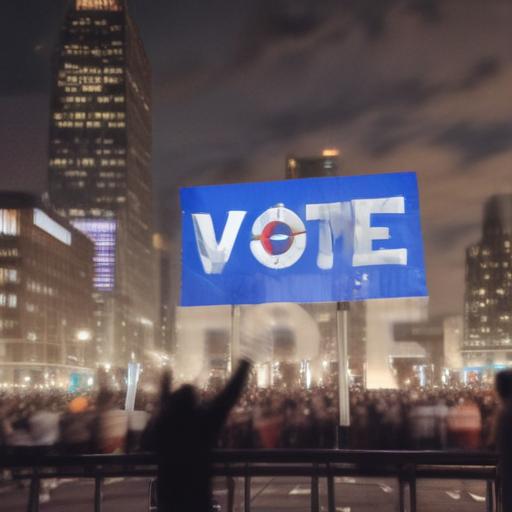As New York’s Democratic mayoral primary approaches, a recent poll shows that assemblyman Zohran Mamdani, an insurgent candidate, has overtaken former Governor Andrew Cuomo for the first time in the race. Despite Cuomo’s considerable campaign backing, which includes significant financial contributions from real estate developers and corporations like DoorDash, Mamdani’s progressive platform has resonated with voters.
Mamdani’s rise can be partially attributed to New York’s ranked-choice voting (RCV) system, which has given more visibility to candidates outside the traditional establishment. RCV allows voters to rank their preferences, encouraging candidates to collaborate instead of solely competing against one another, thus fostering a more diverse array of voices. It contrasts sharply with the traditional first-past-the-post system that often leads to strategic voting, where individuals choose the lesser of two evils rather than the candidate they genuinely support.
This time around, we are seeing a willingness among progressive candidates to unite against the establishment, with Mamdani and fellow candidate Brad Lander cross-endorsing each other’s campaigns. This collaboration reflects a new political strategy aimed at consolidating their voter bases and providing a united front against Cuomo.
The practical success of RCV is evidenced by positive outcomes in other jurisdictions, such as Alaska and Maine, where voters reported favorable experiences with the system and even increased voter turnout. Critics of RCV claim it’s confusing, yet numerous successful implementations suggest otherwise.
The necessity for collaboration among candidates in New York is underscored by past mistakes from the previous primary cycle, which became chaotic and fragmented. Candidates are now demonstrating strategic alliance-building, enhancing their viability as serious contenders.
With endorsements from prominent figures in the national progressive movement, including prominent lawmakers, Mamdani’s campaign illustrates optimism for a transformative shift in New York politics. The potential for changing the city’s trajectory is palpable, and this election may mark a pivotal moment for American progressivism.
New Yorkers face an exciting opportunity to make their voices heard in a meaningful way that transcends the traditional boundaries of party politics. The introduction of ranked-choice voting could lead to a more representative and inclusive political landscape, reigniting the potential for progressive change.
